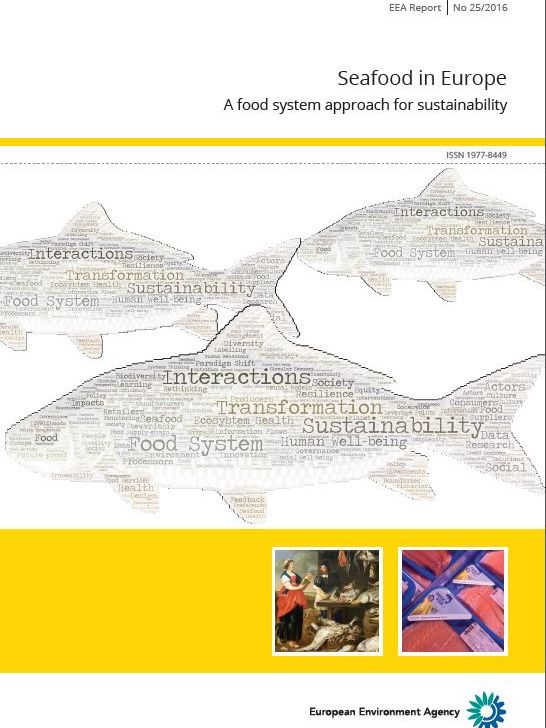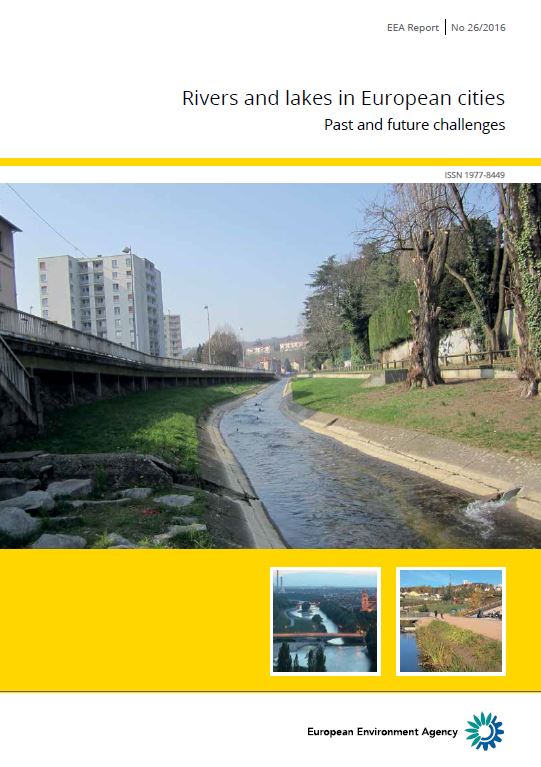Assessment of Eutrophication Abatement Measures Across Land-based Sources, Inland, Coastal and Marine Waters
- Publication
- Citation
Ibisch, R., Austnes, K., Borchardt D., Boteler, B., Leujak, W., Lukat, E., Rouillard, J., Schmedtje, U., Solheim, A.L., Westphal, K. (2016). European assessment of eutrophication abatement measures across land-based sources, inland, coastal and marine waters. European Topic Centre on Inland, Coastal and Marine Waters (ETC-iCM), UFZ, Magdeburg, Germany.
Eutrophication remains a major problem in Europe's waters despite substantial management efforts in the last decades. This report provides an overview of measures to reduce nutrient pollution from point and diffuse sources, as well as an analysis of the implementation of European policies for eutrophication abatement of inland, coastal and marine waters, in particular the Water Framework Directive (WFD) and the Marine Strategy Framework Directive (MSFD). Examples of eutrophication abatement strategies in eight case study regions are presented. The case studies are analyzed in view of different aspects such as governance issues, the role of research, stakeholder participation and the choice of measures and funding instruments. The report concludes with an analysis of progress achieved and remaining implementation gaps. It's available for download.
Examples of eutrophication abatement strategies in eight case study regions are presented in more detail: Denmark, Finland, the Po river basin, the Ebro river basin, the Rhine river basin, Lake Constance, the Danube river basin and the Baltic Sea. The case studies are analysed in view of different aspects such as governance issues, the role of research, stakeholder participation, and the choice of measures and funding instruments. The report concludes with an analysis of progress achieved and remaining implementation gaps.
Strong and coordinated actions are needed in the future to combat the eutrophication problem in order to reach the ambitious goals of WFD and MSFD. This includes better cross-sectoral integration of water policies, stronger enforcement, burden sharing between sectors, innovative instruments, and alternative concepts such as payment for ecosystem services.







